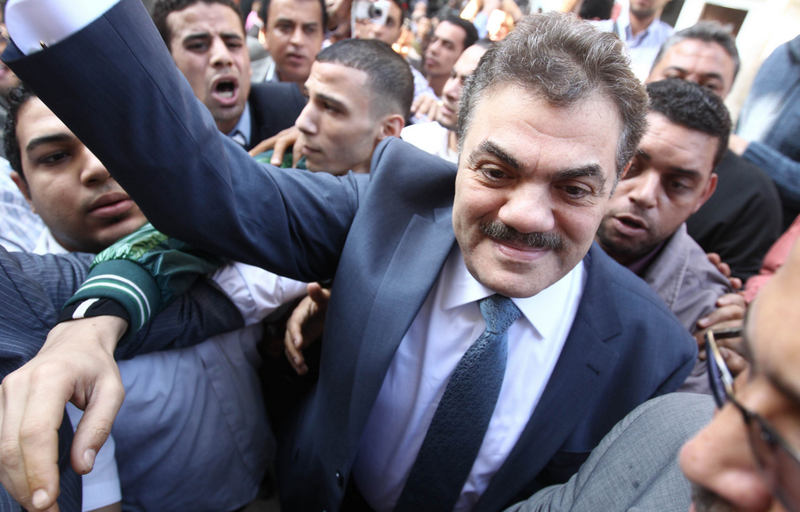CAIRO: Egypt’s Ministry of Health announced at a conference Sunday that the government will initiate a campaign against counterfeit pharmaceutical drugs, a collaborative effort with global pharmaceutical company GlaxoSmithKline (GSK).
The overall aim of the campaign — whose slogan is “The source of your drug guarantees your recovery” — is to train pharmaceutical inspectors to perform their duties more efficiently, as well as to educate the public about pharmaceutical drug counterfeiting.
Ashraf Bayoumi, head of the Central Administration for Pharmaceutical Affairs, said that on Oct. 14 Egypt was deemed pre-qualified by the World Health Organization to produce pharmaceutical medications. This makes Egypt the very first country in Africa considered qualified to produce pharmaceutical drugs for the entire region.
Ramez Sawires, GSK regional spokesperson, said that research has revealed that 10 percent of the drugs in the market are counterfeit and that 73 percent of the public is not even aware of this problem.
“Counterfeit and smuggled drugs may contain none — or reduced amounts — of the legitimate active ingredient,” said Sawires. “Their side effects range from inefficacy to potentially life threatening conditions.”
Abdel Rahman Shaheen, spokesperson for the Ministry of Health, stressed the importance of dealing with the counterfeit drug problem, stating that the work conditions of the inspectors have to be improved to allow them to do their job properly.
“The drug industry is a complete chain, and the inspection of the pharmacies is the last safety net for the consumer before [he or she] uses the drugs,” said Shaheen.
Shaheen also stated that the value of counterfeit drugs in the Egyptian market currently surpasses LE 1 billion, and that various different types of drugs can potentially be counterfeit — a drug for common ailments can be just as counterfeit as a drug for life-threatening tumors.
Shaheen added that consumers play an important role in protecting their own health.
“The consumer has to buy drugs from trustworthy pharmacies and [must] make sure that there is a registration number with the Ministry of Health on it,” said Shaheen.
Madiha Ahmed, the general manager of the pharmaceutical inspection unit, said that the increased efforts to oppose drug counterfeiting are already paying off.
“We make routine inspections on all pharmacies to make sure that all of their products are legitimate and registered with the Ministry of Health,” said Ahmed. “When any violation is found, we close down the outlet and report it to the police.”
According to the Ministry of Health, 29,000 pharmacies and warehouses have been inspected and 8,000 reports have been filed against drug violators.
During the same press conference, 13 pharmaceutical inspectors were honored by the Ministry of Health for their diligent work in preventing the spread of counterfeit pharmaceutical drugs.


